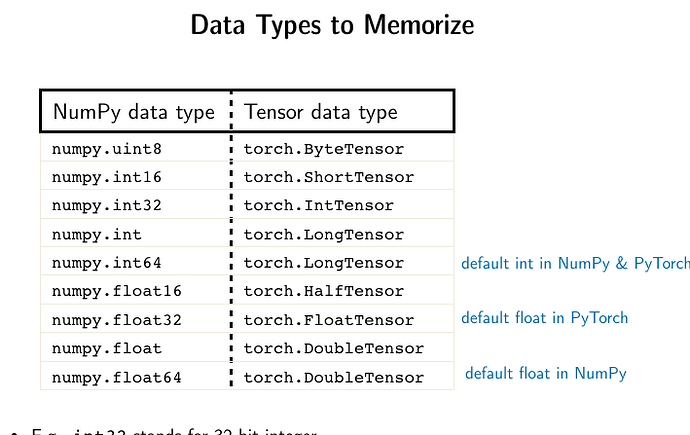Hi!
I am following this example: https://medium.com/coinmonks/an-introduction-to-pytorch-by-working-on-the-moons-dataset-using-neural-networks-369b1ac6ccad
and it works.
When I am trying to use CrossEntropyLoss() instead of formulas it gives me this error: Expected object of type torch.LongTensor but found type torch.FloatTensor for argument #2 ‘target’.
The changes in the initial code are in ** text **
input_size = 2
hidden_size = 3 # randomly chosen
output_size = 1 # we want it to return a number that can be used to calculate the difference from the actual number
class NeuralNetwork():
def __init__(self, input_size, hidden_size, output_size):
# weights
self.W1 = torch.randn(input_size, hidden_size, requires_grad=True)
self.W2 = torch.randn(hidden_size, hidden_size, requires_grad=True)
self.W3 = torch.randn(hidden_size, output_size, requires_grad=True)
# Add bias
self.b1 = torch.randn(hidden_size, requires_grad=True)
self.b2 = torch.randn(hidden_size, requires_grad=True)
self.b3 = torch.randn(output_size, requires_grad=True)
def forward(self, inputs):
z1 = inputs.mm(self.W1).add(self.b1)
a1 = 1 / (1 + torch.exp(-z1))
z2 = a1.mm(self.W2).add(self.b2)
a2 = 1 / (1 + torch.exp(-z2))
output = a2.mm(self.W3).add(self.b3)
**# output = nn.LogSoftmax(z3)**
return output
epochs = 10000
learning_rate = 0.005
model = NeuralNetwork(input_size, hidden_size, output_size)
inputs = torch.tensor(X, dtype=torch.float)
labels = torch.tensor(y, dtype=torch.float)
#store all the loss values
losses = []
**criterion = nn.CrossEntropyLoss()**
for epoch in range(epochs):
# forward function
output = model.forward(inputs)
#BinaryCrossEntropy formula
**loss = criterion(output, labels)**
**#loss = -((labels * torch.log(output)) + (1 - labels) * torch.log(1 - output)).sum()**
# print(loss.item)
#Log the log so we can plot it later
losses.append(loss.item())
#calculate the gradients of the weights wrt to loss
loss.backward()
#adjust the weights based on the previous calculated gradients
model.W1.data -= learning_rate * model.W1.grad
model.W2.data -= learning_rate * model.W2.grad
model.W3.data -= learning_rate * model.W3.grad
model.b1.data -= learning_rate * model.b1.grad
model.b2.data -= learning_rate * model.b2.grad
model.b3.data -= learning_rate * model.b3.grad
#clear the gradients so they wont accumulate
model.W1.grad.zero_()
model.W2.grad.zero_()
model.W3.grad.zero_()
model.b1.grad.zero_()
model.b2.grad.zero_()
model.b3.grad.zero_()
#print("Final loss: ", losses[-1])
plt.plot(losses)
Thank you!
